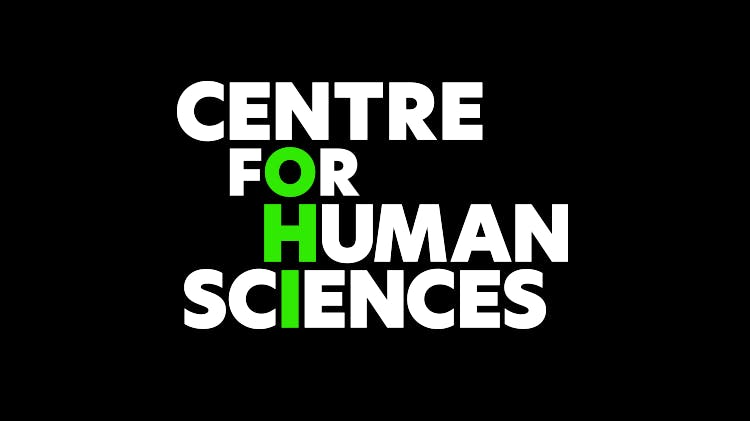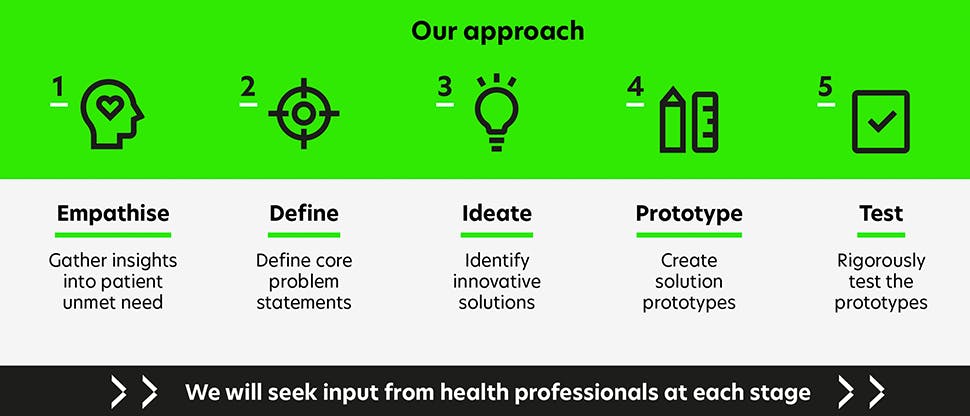Our mission
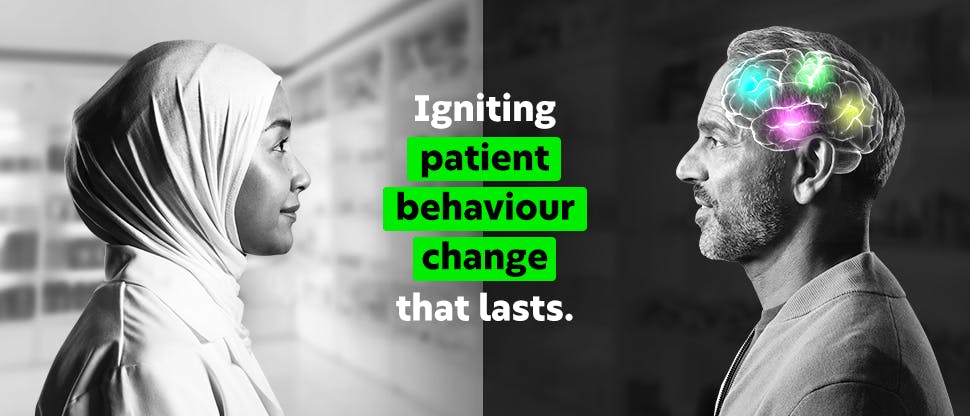
From cutting-edge research to lasting behaviour change
Do you know what drives your patient’s behaviour?
At Haleon, we understand that healthcare means more than just caring for patient health. As pharmacists and dental professionals, you work hard to build trusted relationships with each individual as a person, not just a patient, supporting them to make good decisions about their health, live well and thrive. Our work too, is based on a deep human understanding. But together, can we go deeper?
A key pillar of patient care is establishing lasting patient change, and driving change starts with a deep understanding of people and their behaviours; something the fields of human sciences have understood for decades.
That's why we've established the Centre for Human Sciences. An interdisciplinary team with one mission in mind: to support pharmacists and dental professionals in driving meaningful behaviour change in their patients’ lives.
We’re bringing together healthcare practitioners and experts in human sciences, to collaborate and discover the deeper humanity in practitioner-patient interactions. With empathy and trusted science, we aim to enhance patient care by finding new ways to motivate and support the lasting change you would like to see.
Unlocking the potential in patient care with human sciences
Research from human sciences has already proven valuable across many areas of healthcare such as medication adherence1, tackling misinformation2 and hand hygiene behaviours3.
Human sciences comprise established research from fields including behavioural, psychological and social sciences. Through models, theories, real-world studies and data, this vast area of science can help us better understand patients. From learning how beliefs impact behaviour, to the complex drivers that underpin patient decision-making and, ultimately, how we can nudge people towards change.
There is abundant opportunity to utilise these learnings in everyday health settings like pharmacies and dental surgeries.
The Centre for Human Sciences brings together experts such as psychologists and behavioural scientists, to lend their expertise and help us to create tools and solutions that harness human sciences, and you can use in practice.
Learn more about the importance of the human sciences in healthcare.
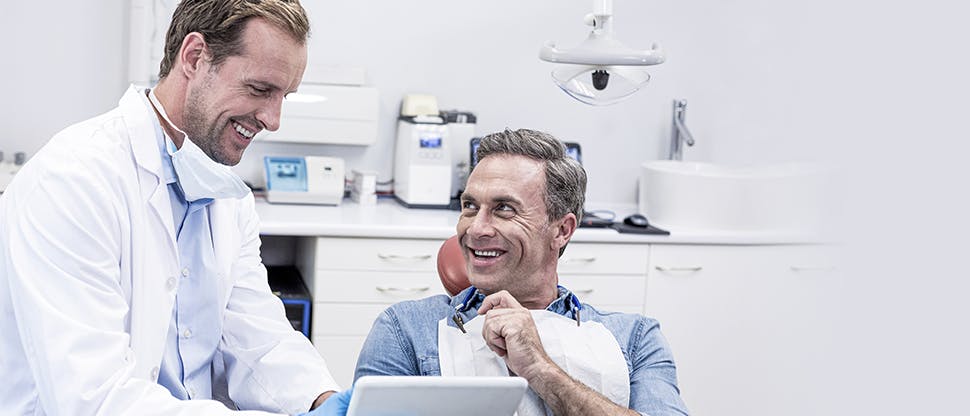
Creating real-world tools and solutions to support your patient care
Your day-to-day patient interactions are full of opportunities to apply learnings from human sciences. With the breadth and depth of research to be drawn on, there is a world of possible applications waiting to be discovered. They could range from tools which define patient behaviour types to a workshop on patient belief barriers or a digital solution to support face-to-face conversations.
To ensure we have the greatest possible impact, we'll utilise expertise from the categories Haleon operates within by focusing on barriers in pain relief, oral health and wellness. However, we know that no-one understands the challenges faced by pharmacists and dental professionals like pharmacists and dental professionals themselves so on our faculty, healthcare practitioners will join forces with the experts in human sciences.
Combining human science expertise with real-world insight, we aim to create practical tools that drive measurable behaviour change. Tools that don’t add burden and you can use every day with your patients.
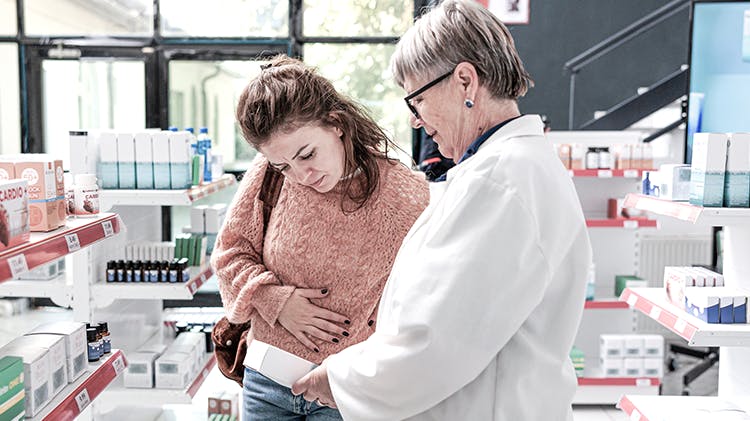
We’re supporting pain management in pharmacy as our first commitment
Despite the availability of effective and accessible pain relief, many people still suffer. Patient’s attitudes to pain, medication and seeking help can all create barriers to their own relief.4 Learnings from human sciences can provide tools to help overcome them.
Learn more about our plan to create these tools and meet our faculty.
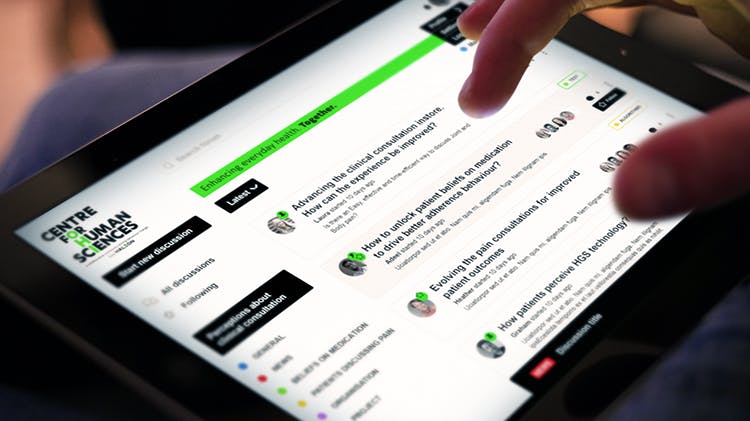
We’re calling on practising pharmacists to help shape the tools we’re creating for you
Ensure the tools we create for you are right for you. Chat, debate and evaluate ideas with other pharmacists around the world through our online discussion forum and direct the work of our faculty. This will be a two-way conversation; we’ll also share updates on the progress of the expert faculty and how learnings from the discussion board are being used.
Join the discussion today and drive the change you would like to see.
Frequently asked questions
Learn more about the power of human sciences

Putting research into practice
Learn more about the practical applications of human sciences research.

Supporting patients in pain
Find out why we think human sciences research can support pain management in pharmacy.
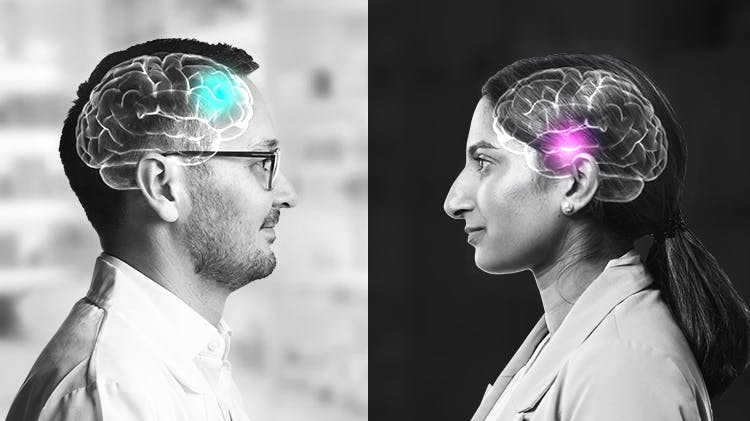
Meet the faculty
Learn more about the pharmacists and experts in human sciences who are working together.
